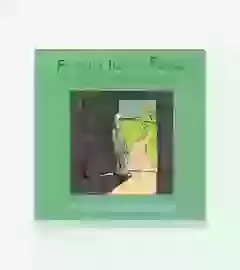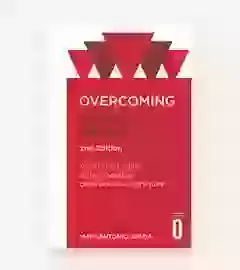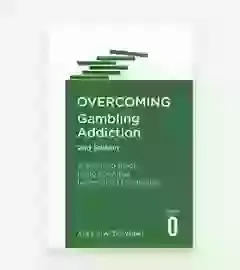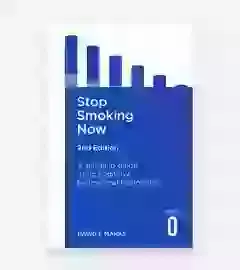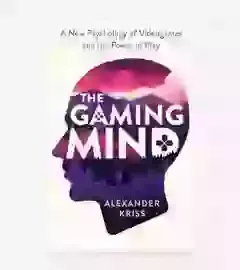How Can I Help Myself?
There are several ways to combat alcohol misuse. Your GP's surgery may have details of group therapy sessions. Your local Citizens Advice Bureau will help you find a local branch of Alcoholics Anonymous. As a first step, you could try working through a self-help course. There are well-established principles, coping strategies and maintenance skills that have found clinical success in the treatment of alcohol-related problems. However, tackling such problems may not be easy, and will require time and patience, and the support of your friends, partners and families where possible.
Drug addiction is a chronic, relapsing disease, but there are many methods of treatment to improve the drug user’s ability to function, which may involve abstinence from using the drug, or minimise use to safe levels. Treatments vary widely dependant on the type of drug addiction, how long it has been going for, and individual needs of the user. Psychological therapies are an effective method, often alongside residential programmes, long-term support groups and sometimes medication.
Cognitive behavioural therapy (CBT) offers techniques which have been proven to be effective for stopping smoking, by teaching you how to ‘re-program’ your mind to not want to smoke. You will no longer have to rely on willpower alone to give up smoking. By becoming aware of your smoking triggers and dealing with the thoughts and behaviours that lead you to smoke automatically, you will gradually find your cravings dissipate and eventually disappear altogether. With advice for relapse management, CBT is an effective tool for ensuring you not only give up but remain a non-smoker forever.
Cognitive behavioural therapy techniques are also now used all over the world to help with gambling addiction. They can help you to understand how your own gambling problem has developed and what risk factors are keeping it going; also, crucially, how to develop the motivation to stop and control any future urges to gamble again.


